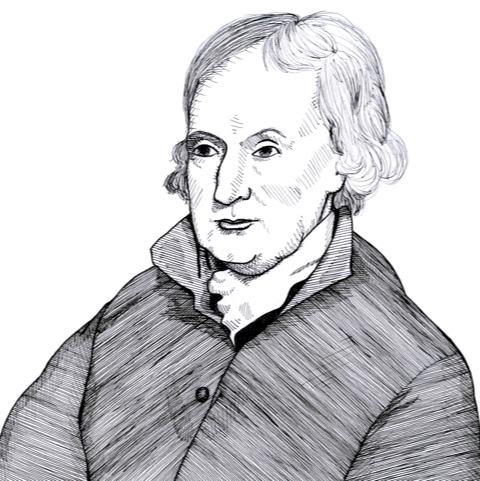
Ferguson on the flourishing of man’s intellectual powers in a commercial society (1767)
Found in: An Essay on the History of Civil Society
The Scottish enlightened thinker Adam Ferguson (1723-1816) believed that in a commercial society where the division of labor operated mankind’s intellectual powers would develop and flourish best:
Politics & Liberty
To act in the view of his fellow-creatures, to produce his mind in public, to give it all the exercise of sentiment and thought, which pertain to man as a member of society, as a friend, or an enemy, seems to be the principal calling and occupation of his nature. If he must labour, that he may subsist, he can subsist for no better purpose than the good of mankind; nor can he have better talents than those which qualify him to act with men. Here, indeed, the understanding appears to borrow very much from the passions; and there is a felicity of conduct in human affairs, in which it is difficult to distinguish the promptitude of the head from the ardour and sensibility of the heart. Where both are united, they constitute that superiority of mind, the frequency of which among men, in particular ages and nations, much more than the progress they have made in speculation, or in the practice of mechanic and liberal arts, should determine the rate of their genius, and assign the palm of distinction and honour.